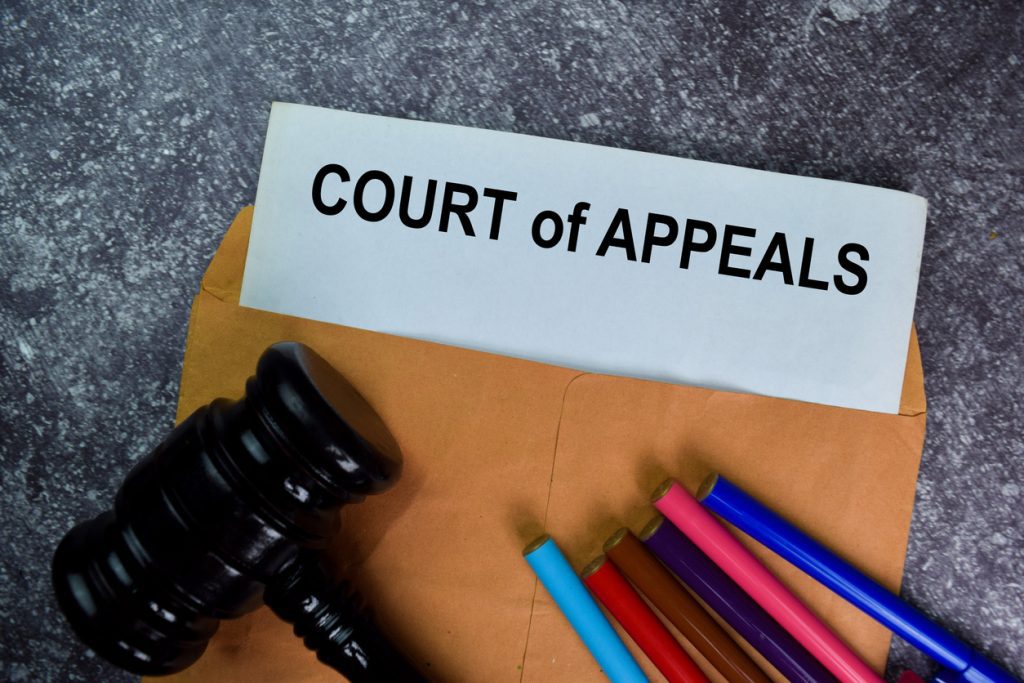The death penalty has been around for centuries. And every year, both state and federal courts review appeals from people on death row. So how can you get off death row in federal prison? The best way is to show new facts to the judge. Evidence may not be new, but the science to understand it might be.
What is the Eighth Amendment, and what does it mean for people on death row?
The Eighth Amendment says that the U.S. will not inflict cruel or unusual punishment. People on death row may appeal their sentence based on the Eighth Amendment. Your lawyer can argue that your sentence is cruel and unusual. They can also use studies to argue that execution methods are not humane. These appeals can go all the way to the Supreme Court.
Unless you or your attorney believe that your Eighth Amendment rights have been violated, this may not be the best way to get off death row. Most cases where a death penalty is overturned involve mentally incompetent people. It’s best to show new evidence or look at new ways of understanding evidence to appeal your sentence.

What kinds of evidence help you get off death row?
One way to get off death row is to use DNA evidence. The science behind DNA is still sort of new. Many peoplewere sentenced before courts used DNA evidence. Groups like The Innocence Project may help if you have DNA that was not presented in court. So far, the organization has helped 21 people get off death row with DNA evidence. But DNA is not the only way to get off death row.
Most people who get freed from death row find witnesses that recant their stories. New witnesses might also show that a person could not have committed a crime. Groups that oppose the death penalty can help determine whether there is any new information to prove you are innocent. They may also find proof that your trial was not fair for some reason. So even if you don’t have DNA to show the judge, you may still have options.
Who should you talk to about appealing your sentence?
The ACLU provides a lot of support for people in prison facing execution. They help incarcerated people build and file appeals. That’s because the ACLU believes that the death penalty goes against your rights. They also believe that many innocent people face the death penalty.
You can write to the ACLU to ask for help with your appeal. People in prison will likely need a lawyer to file appeals and other paperwork. The ACLU sometimes helps incarcerated individuals find lawyers they can afford. Because most people on death row are in state prisons, they may not take a lot of federal cases.

Many nonprofit groups also work with incarcerated people on death penalty sentences. Even those who confess to crimes may be able to move from death row to a life sentence. You can reach out to these groups for help or information.
The Takeaway:
People on death row may spend years waiting for an execution date. This is because not all presidents want to sign off on executions. If you’re facing the death penalty, you can talk with groups like the ACLU about your case and how to get off of death row.






